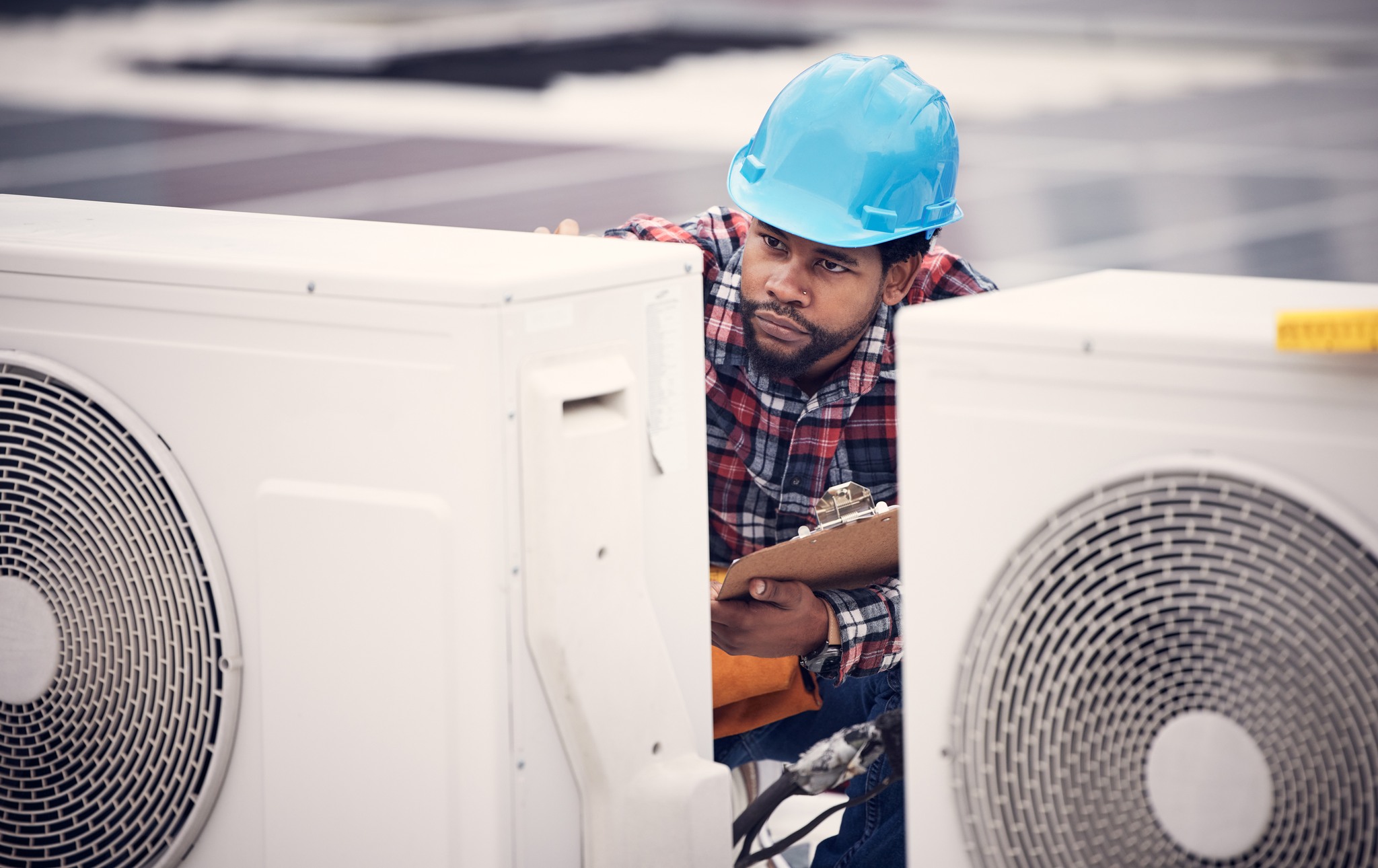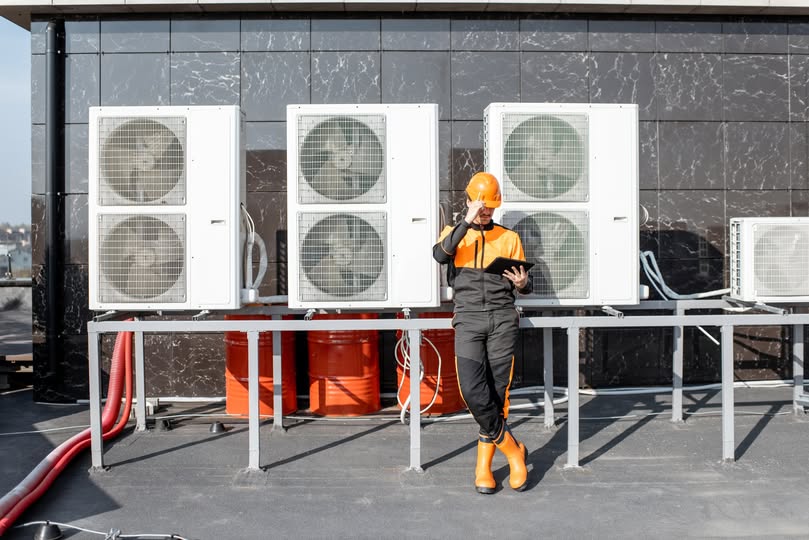As spring blooms and temperatures rise, it's time to ensure your HVAC system is primed for optimal performance. One of the simplest yet most effective maintenance tasks you can do is changing your air filters. A clean filter not only improves air quality but also enhances energy efficiency, prolonging the life of your HVAC system. Follow these steps to breeze through spring with a fresh HVAC system.
Locate Your Air Filters: Air filters are typically located near the return air duct or furnace blower. Refer to your HVAC system's manual if unsure.
Turn Off the System: Before replacing the filter, turn off your HVAC system to prevent debris from circulating.
Remove the Old Filter: Carefully remove the old filter, noting its size and type to ensure you purchase the correct replacement.
Check for Debris: Take a moment to inspect the filter slot for any debris or buildup. Use a vacuum or cloth to clean if necessary.
Install the New Filter: Insert the new filter, ensuring it fits snugly within the slot and that the arrows on the filter point in the direction of airflow.
Secure the Cover: If your system has a filter cover, securely fasten it in place to prevent air leaks.
Turn On the System: Once the new filter is installed, turn your HVAC system back on and enjoy improved air quality and efficiency throughout the spring months.
Regularly changing your air filters, ideally every 1-3 months, is essential for maintaining a healthy indoor environment and optimizing HVAC performance. However, if you're unsure or need assistance, don't hesitate to contact the professional and highly skilled team from A-Plus Quality for expert guidance and service.
#HVACMaintenance #AirFilterReplacement #SpringCleaning #EnergyEfficiency #IndoorAirQuality #HealthyHome #HomeMaintenance #APlusQuality #HVACService #CleanAir #HomeImprovement #SpringRefresh #DIYHVAC #FilterChange #HVACTips #FreshAir #SpringWellness #EnergySavings #AirQuality #HomeComfort #CleanLiving #HealthyLiving #SpringMaintenance #HomeCare #APlusExperts #AirFilterCare #HVACRepair #BreatheClean #AllergyPrevention #HVACSystem



